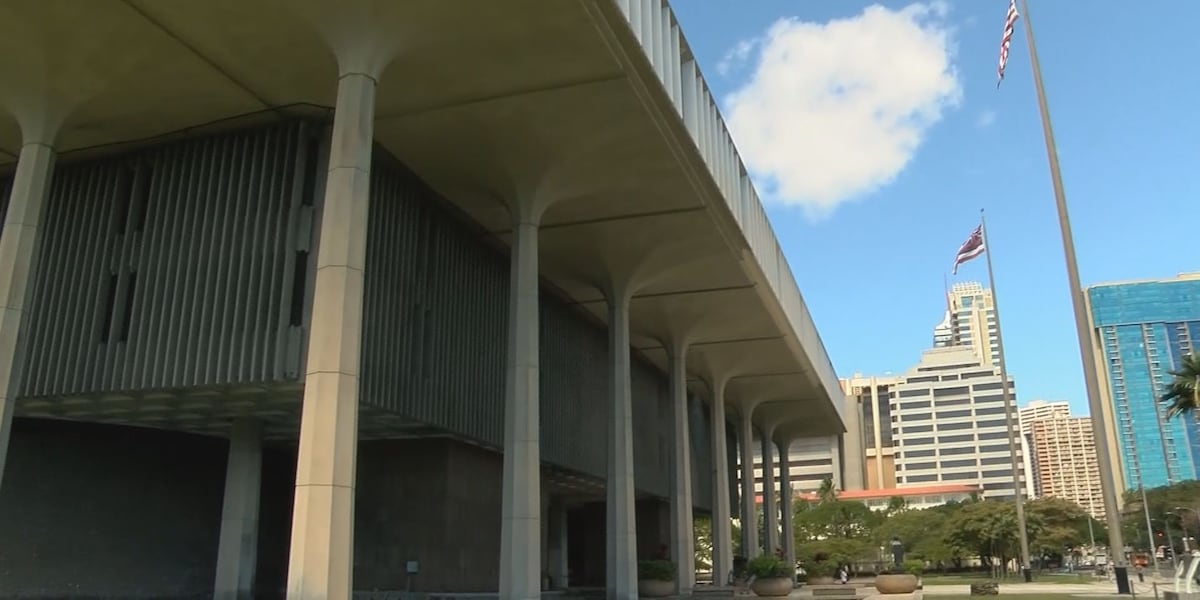HONOLULU (HawaiiNewsNow) – A new budget study from the Hawaii Appleseed Center for Law and Economic Justice shows that the state is spending the most money on human services.
But those who likely need the services the most are also paying the most in taxes. And economic analysts believe Hawaii is poised to enter a mild recession.
“U.S. job growth ahs really weakened, and then the same thing is true for Hawaii,” said Carl Bonham, executive director of the University of Hawaii Economic Research Organization.
Related post: UHERO report: Slowing tourism, tariff-fueled inflation push Hawaii closer to recession
It’s a domino effect all the way from Washington D.C. UHERO said decision on U.S. trade policies have triggered inflation, leading to a slowdown in Hawaii tourism.
Federal funding cuts could also strip Hawaii’s health care industry of $400 million in Medicaid spending.
“Your health condition potentially worsens, you don’t have health insurance, you end up in the ER, so that drives up costs,” Bonham said. But if you don’t have health care, then it makes it even harder to get back to work. And so there’s spillover effects on the broad economy.”
It’s also a big worry for the Hawaii Appleseed Center. The group says on top of all that, the state’s general excise tax makes it even harder for low-income families to weather even a mild recession.
“Any time dollars are changing hands, the tax gets levied,” said Appleseed Center executive director Will White. “It generates a lot of revenue.”
The group said the GET accounts for more than half of the state’s revenue. And since everyone pays the same GET tax rate, the budget study shows that lower-income households give up about 14% of their earnings to state and local taxes, compared to about 10% for households that make over $278,000 a year.
“So that’s why we consider it to be largely regressive because it takes a higher portion of the lower-income families, or those lower-income households’ income, relative to higher income earners,” White said.
It’s a reminder that the economic well-being of Hawaii families is tied to what happens in both our State Capitol and the U.S. Capitol. And having tourism as Hawaii’s top industry makes the state especially sensitive.
“We’re really dependent on what happens in the U.S. But when the U.S. goes badly, that’s what pulls Hawaii into recession, even if the U.S. doesn’t necessarily enter a recession,” said UHERO assistant professor Steven Bond-Smith.
“If there’s a downturn in the economy and tax revenue goes down, it then further hinders the state’s ability to be able to respond adequately to bridge those gaps that are being left by the federal government,” White said.
Copyright 2025 Hawaii News Now. All rights reserved.

